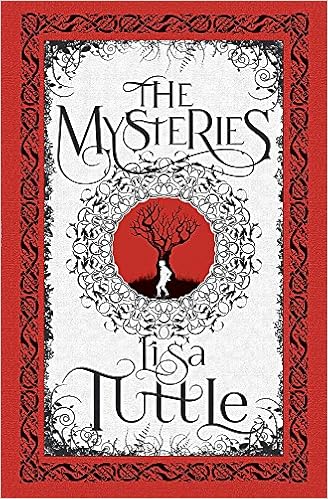Nobody wanted to be merely human these days. Kids imagined being Harry Potter or Buffy or Sabrina the teenage witch, with magical powers their birthright. But Etain wasn't a person at all, certainly not a role model. Unlike a modern girl, she was merely a possession. She could be bought or sold, won back or stolen. [p. 105]Ian Kennedy is a private detective who specialises in finding missing people -- specifically, those who have vanished without trace. His profession is rooted in his past: his father disappeared when he was a child, and his girlfriend Jenny left him. Since then, he's tried to track down those who have vanished. He is engaged by Laura Lensky to find her missing daughter Peri, who seems to have vanished off the face of the earth. Laura's friend Polly -- why can't he place the name? -- recommended Ian, and Laura, along with Peri's boyfriend Hugh, is desperate to find a sensible and rational explanation for Peri's disappearance.
Ian's first-person narrative jumps from present to past (his investigation into the disappearance of Amy Schneider, which seems to have been the case that made his name) as well as from personal to historical: the chapters of his narrative are interspersed with accounts of historical disappearances, some of them well-documented (the Flannan Isles lighthousekeepers, the British Ambassador to the Austrian Empire) and some more like folklore.
And Ian, unlike Laura, is perfectly willing to consider the possibility of some supernatural agency. He's familiar with Celtic myths -- primarily the story of Midir and Etain -- and has, during the Amy case, met at least one young woman whose need to escape the mundane world seems to Ian a kind of suicidal impulse.
Hugh, Laura and Ian all have their own motivations for finding Peri -- and their own reasons for being reluctant to face the facts. Ian, for me, was not a likeable character: he's prone to sexist generalisations, he's arrogant, and by his own account of Jenny's disappearance he refused to accept that she wanted to leave. On the other hand, his memories and perceptions are not always reliable ...
This is a gradual novel: it starts slow, and picks up the pace -- and the strangeness -- to the denouement. Midir and Etain are't the only mythological resonances here: there are also echoes of Demeter and Persephone, and perhaps of Orpheus and Eurydice. I'm still not sure if Ian gets what he wants: I'm not sure if he knows what he wants. But he knows enough to realise that he's missing something, excluded from something, mysterious.

No comments:
Post a Comment